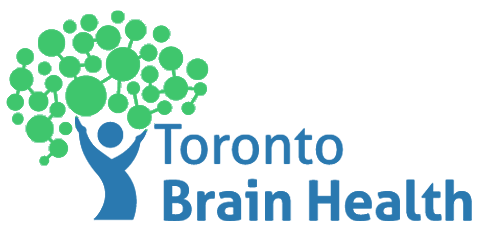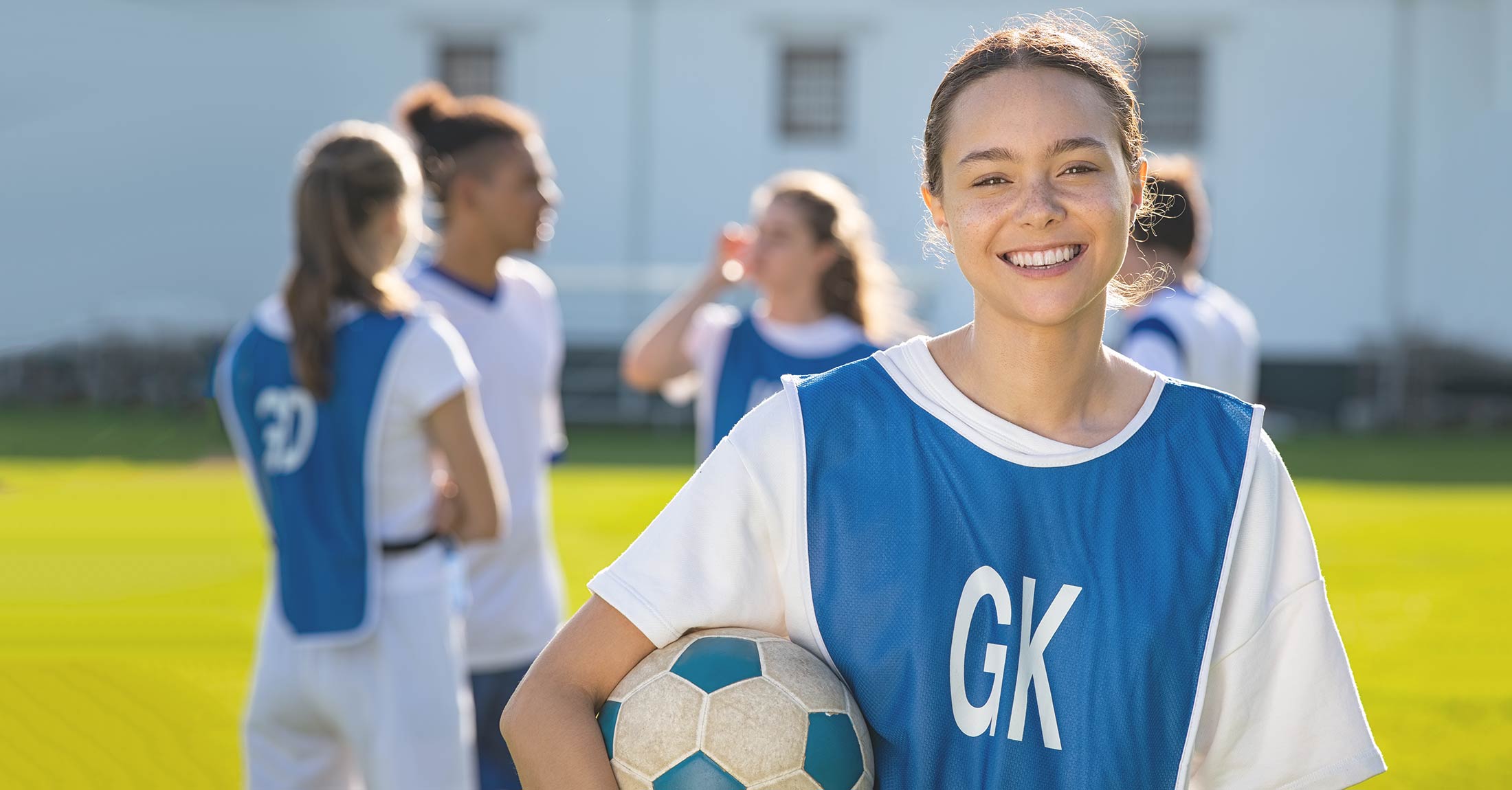The short answer is yes. The longer and more interesting answer is it depends. For many people, they don’t have to.
If you are experiencing a lot of symptoms two weeks after sustaining a concussion, you have crossed the line into the prolonged concussion recovery camp. If it has been more than three months since your concussion, then by all recognized definitions in the research literature, you are in the prolonged concussion recovery group. Not a group most people want membership in. While 80% of people recover within 7 to 14 days of sustaining a concussion, for the other 20% of people, it can take longer for post-concussion symptoms to resolve. There are a lot of horror stories in the news, on social media and online about people who take months or years to recover from a concussion or, even worse, people who never recover (as many of us know, Dr. Google is not great for calming our anxieties). While this is alarming, especially if you find yourself in this 20% membership group, there is a lot we have learned over the past several years about who is at risk for prolonged concussion recovery, what the barriers to recovery are and how to effectively target barriers to concussion recovery in treatment. To be clear, just because your symptoms have continued, it does not mean your brain has not healed. The more time that passes since the injury, the more likely it is that other factors prolong your recovery from symptoms.
Accurate diagnosis of concussion, identification of barriers to symptom recovery and consideration of your health history is key to determining your prognosis following a concussion.
At Toronto Brain Health, our Concussion services are almost entirely devoted to identifying people at risk of prolonged recovery post-concussion and helping the 20% who do get stuck (referred to as “the miserable minority” in the scientific literature). As it turns out, most individuals have good outcomes with proper evidence-based treatment, even the miserably minority.





